NEW YORK (CNNMoney)
Here are six things you need to know about STEM:
Kids need to get excited about science early.
STEM jobs are growing at 1.7 times the rate of non-STEM jobs, and the U.S. is simply not producing enough candidates to fill them. Only 16% of high school seniors are interested in pursuing STEM careers, according to the Department of Education.
The Obama administration is investing millions of dollars to produce an additional one million STEM undergrads by 2022. But that would barely fill the projected shortage in STEM jobs.
To get more students interested, some universities are changing their approach.
"[College professors] have changed how they teach in order to draw in a more diverse group," said Londa Schiebinger, a professor at Stanford. "They show you the cool applications first -- then they bring in the theory and more difficult techniques. It's hooking people in and showing them what they can do with the skills."
Related: Few female engineers and execs at Google
But it's got to happen sooner -- starting in kindergarten -- in order to attract a diverse mix and spur innovation.
"How much cooler would STEM be if we got the creative juices of broader segments of the population?" said Schiebinger.
STEM grads aren't just important for engineering.
74% of college graduates with STEM degrees are going into non-STEM jobs, according to the Census Bureau. They're pursuing careers in everything from healthcare and law to education and social work.
While that's bad news for employers hoping to fill STEM positions, the graduates are highly sought after and earn higher wages than their non-STEM counterparts, according to the U.S. Department of Commerce.
"You want them to go on to higher value-added pursuits. You want them to start their own companies," said Anthony P. Carnevale, director of Georgetown's Center on Education and the Workforce. "Having a technical degree is the best foundation to give you the most choice in this economy."
Related: Young women raise big bucks for startups
Just in case there's any doubt: Microsoft's (MSFT, Tech30) Satya Nadella, Amazon's (AMZN, Tech30) Jeff Bezos and Yahoo's (YHOO, Tech30) Marissa Mayer all have engineering degrees -- and none are technically working in a "STEM" field.
Fewer women are graduating with computing degrees.
These numbers have actually decreased over the past two decades. According to the National Center for Women & Information Technology, women made up just 18% of computer science college grads in 2012. In 1985, it was 37%.
"Women are becoming discouraged from computer science because it's a boy's club," said Vivek Wadhwa, fellow at Stanford Law School and author of Innovating Women. "We need to level the playing field, change our practices. We've created the shortage for ourselves."
Computer science is a growing sector, and it's important for women to be a part of that growth. Employment opportunities are projected to grow 15% from 2012 to 2022 (that's faster than average), according to the Bureau of Labor Statistics.
Not all STEM jobs are created equal.
Though women earn roughly half of all bachelor's degrees in STEM fields, according to the National Science Foundation, their concentrations differ from their male counterparts.
Women tend to specialize in less lucrative STEM fields, according to FiveThirtyEight. They pursue careers in health and life sciences, while men are more likely to go into computer science and engineering (which tend to pay more).
Related: Women thrive in China's booming tech scene
The salary difference can be substantial. Nutritional science majors (86.4% of whom are women) earn a median $35,000 out of college. Meanwhile, Mining and Mineral Engineering majors (roughly 90% of whom are men) make a median $75,000 out of college.
Foreigners aren't taking Americans' jobs.
Foreign students gravitate toward STEM fields like medicine and computer software design, which have some of the lowest unemployment rates, according to a report from the Partnership for a New American Economy.
These are also jobs that U.S. companies consistently struggle to fill -- much more than their non-STEM counterparts, according to a Brookings report.
That means foreigners aren't keeping native workers in those fields from finding jobs.
Moreover, immigrants bring knowledge of global markets, which is key for innovation, according to Wadhwa.
The U.S. will be increasingly reliant on foreign talent.
Foreign students study STEM or business fields at a higher rate than American students (about 66% compared to 48%), according to a separate report from Brookings.
Moreover, the number of native-born students pursuing STEM degrees is growing at just 1% a year.
Related: Women take on manufacturing
Members of Congress have introduced efforts to make it easier for foreign STEM graduates to get a green card.
But mobilizing homegrown talent is also a priority for the Obama administration, which is putting $35 million toward a STEM teacher training competition and mentoring initiative that will connect students to tech workers.
Encouraging more people, especially women, to consider STEM fields is key to ensuring the U.S. doesn't suffer a massive brain drain when foreign talent leaves the country.
"We still need immigrants. [But] we need to encourage women to enter those fields," said Wadhwa. "[Then] immigration can take it's natural path."
First Published: September 25, 2014: 10:04 AM ET
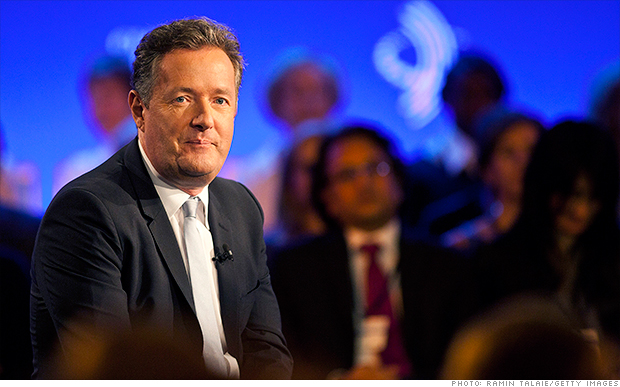

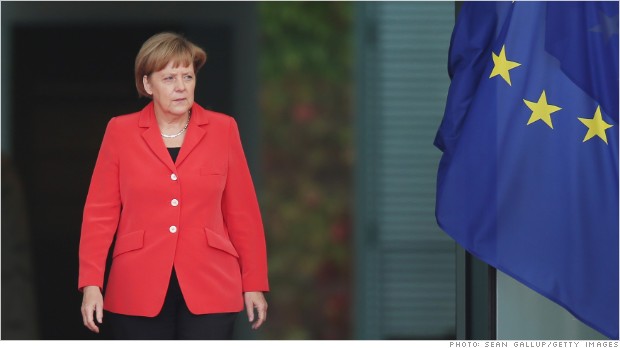 A new German recession would spell big trouble for the eurozone.
A new German recession would spell big trouble for the eurozone. 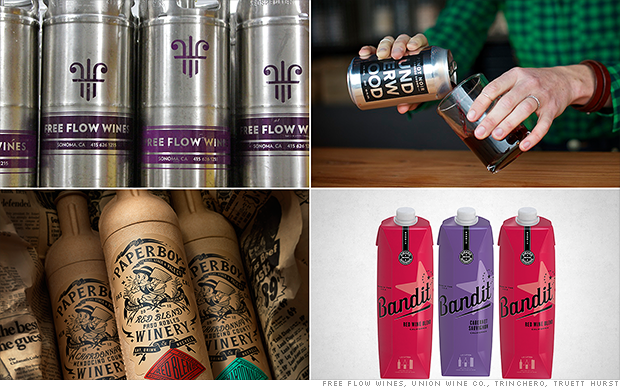
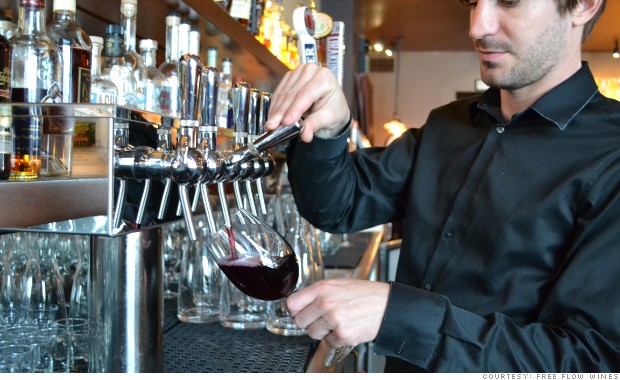
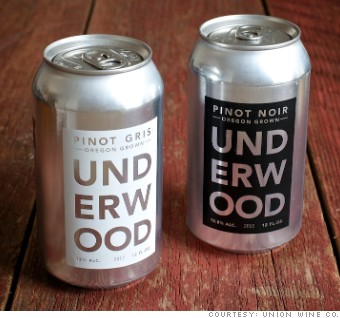
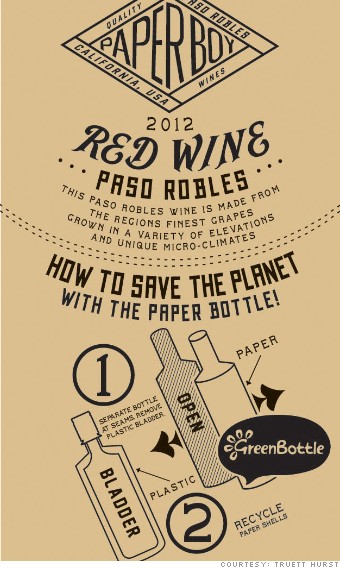
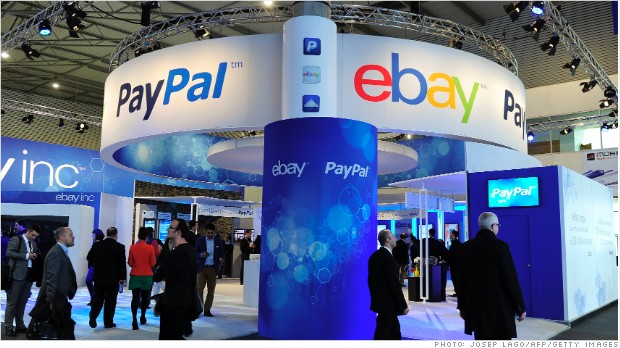 PayPal will become a separate company after separating from eBay.
PayPal will become a separate company after separating from eBay. 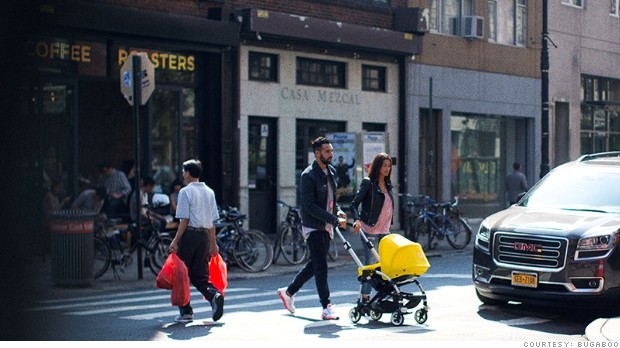
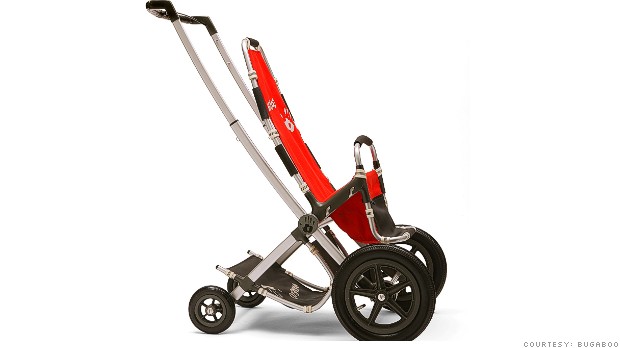 This is Barenbrug's original design for a Bugaboo meant for men.
This is Barenbrug's original design for a Bugaboo meant for men. 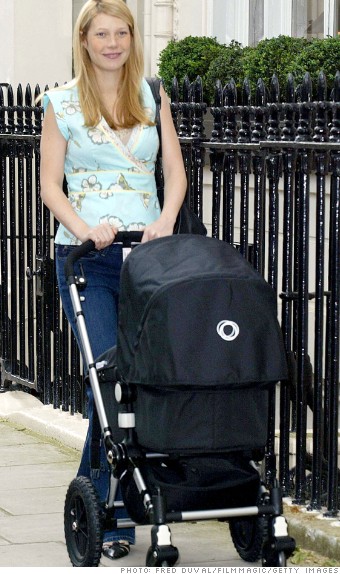 Gwyneth Paltrow taking her daugthee out for a walk pushing a Bugaboo in London.
Gwyneth Paltrow taking her daugthee out for a walk pushing a Bugaboo in London. 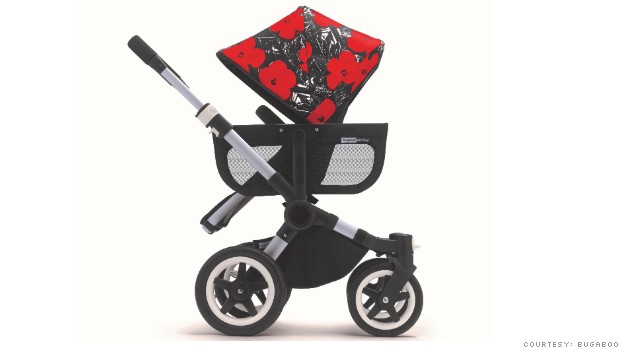 The Andy Warhol + Bugaboo Donkey double stroller that Zanna Rassi Roberts uses.
The Andy Warhol + Bugaboo Donkey double stroller that Zanna Rassi Roberts uses. 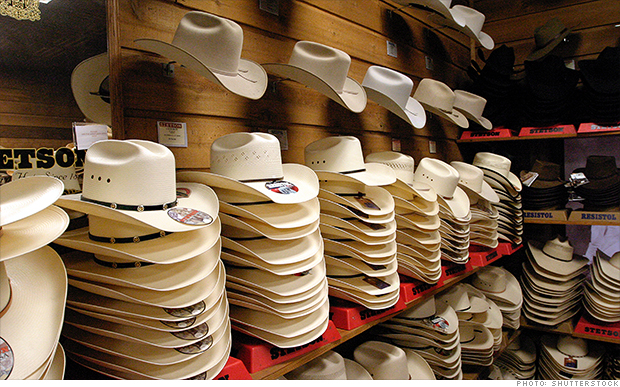 In towns like Austin, there's lots of new Texans moving in from more expensive markets.
In towns like Austin, there's lots of new Texans moving in from more expensive markets. 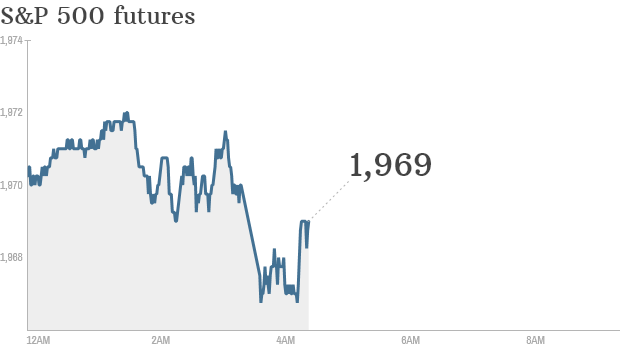
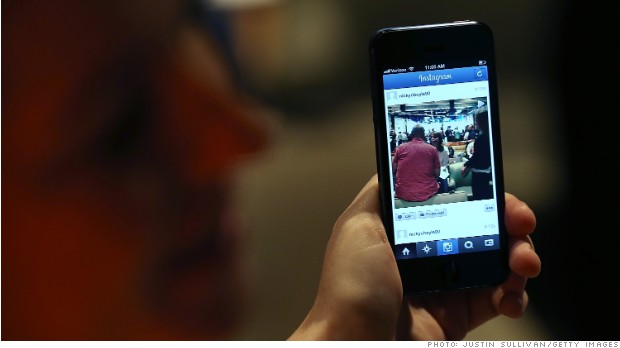
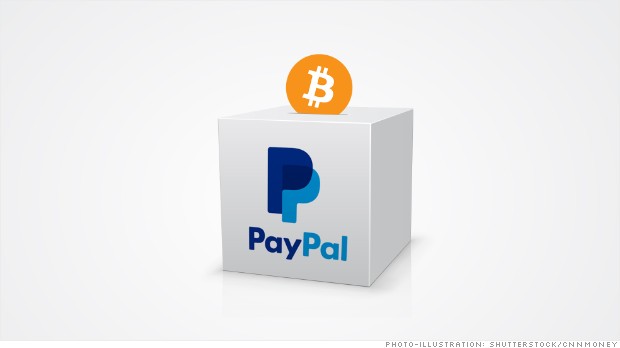
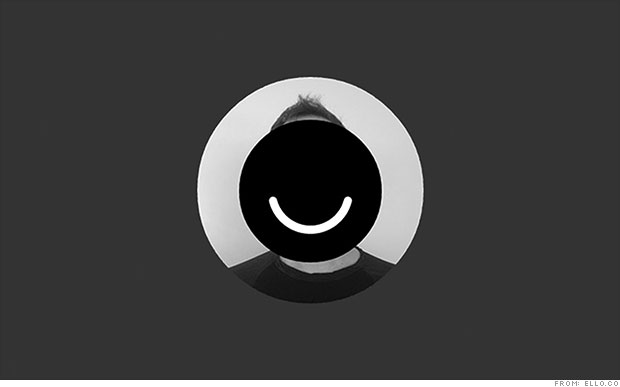 Ello doesn't require your picture or your name to sign up.
Ello doesn't require your picture or your name to sign up. 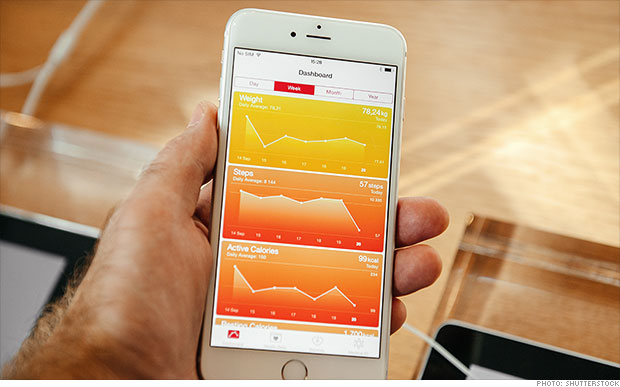 Apple's new Health app in action.
Apple's new Health app in action. 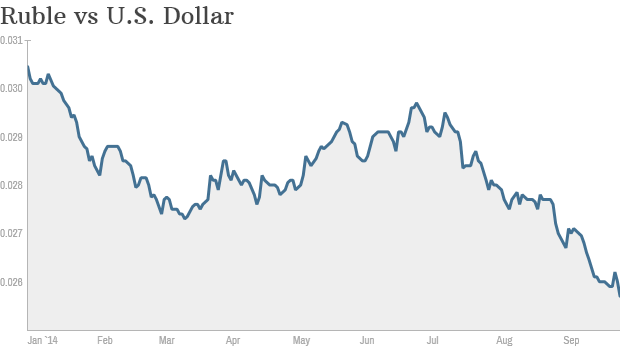
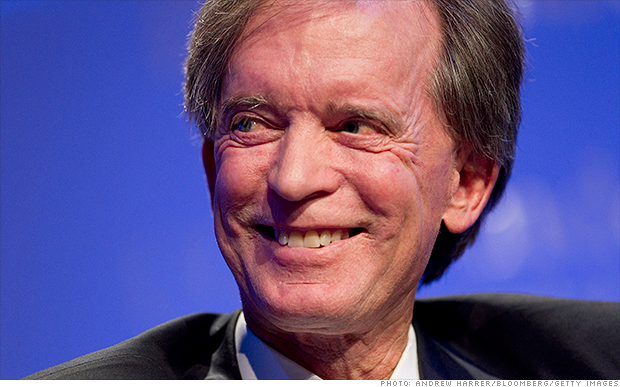 Bill Gross is going to Janus Capital Group.
Bill Gross is going to Janus Capital Group. 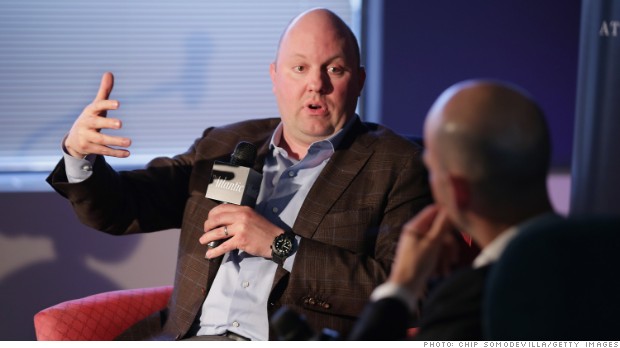 Marc Andreessen is worried about high burn rates at Silicon Valley startups.
Marc Andreessen is worried about high burn rates at Silicon Valley startups. 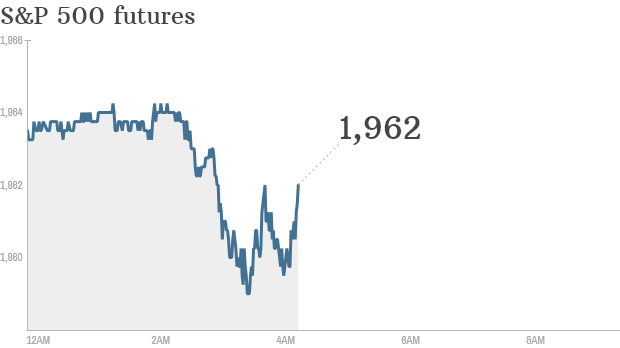 Click chart for in-depth premarket data.
Click chart for in-depth premarket data.